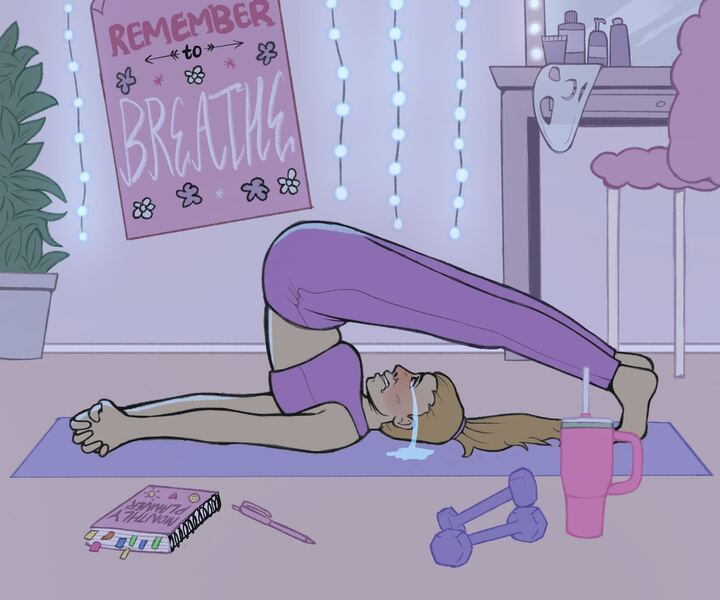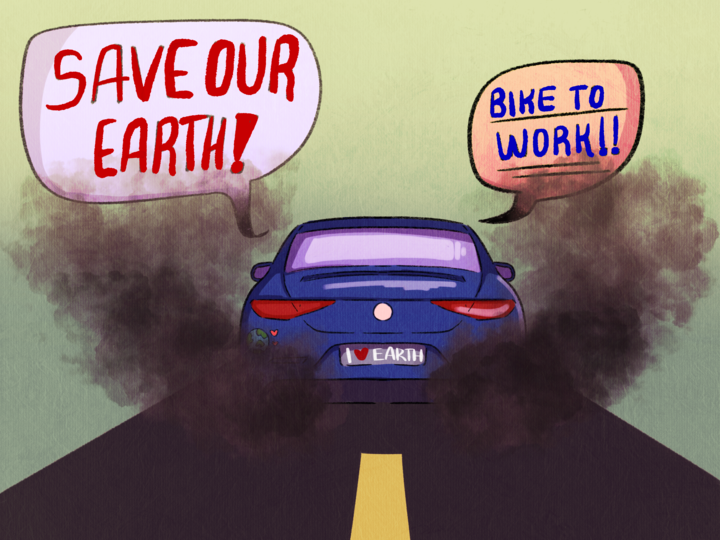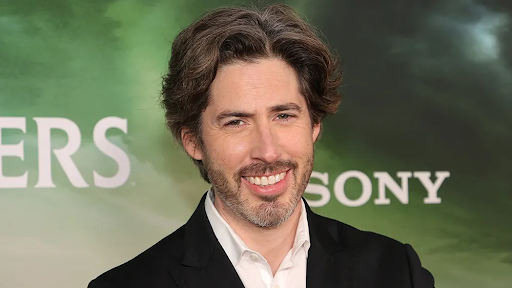Bear with me for a word following the recent election, and before the next president and Congress take office this coming January. Mostly, I would like to address my fellow Democrats.
There is significant work that cannot be put off any longer. I believe it is truly in everybody’s best interests — Democrats and Republicans — to join in this endeavor, but it is especially urgent for Democrats to finally take the initiative given this season’s electoral failure, and anticipating loss of influence in the federal government.
Most will hate to hear it, but here it is: We must be more political, and more thoughtfully so. Not just our representatives, but every average citizen that talks and votes.
For students, this will be difficult. There is only so much time in a day, after all. Politics is already a trying endeavor, with important things at stake, and passions running hot. It will take even more to be always thoughtful — a tall order that absolutely must be met.
But this responsibility is avoided at great cost to ourselves and society. Students’ civic duties are even greater, I argue, on account of our unique access to a staple forum. The deliberative tradition we need is something to be fortified in schools and cities. The university, drawing together its variety of citizens, demands our use.
A bad path
The Democratic Party has shot itself in the foot big time. We’ve neglected to focus on reinforcing the fraying tradition of deliberation in American politics. The only possible justification was that we’d be better situated to do the prudent thing once we secured safety through electoral success. Not only was this already a dubious assumption, but it is now completely invalidated. Our position is weaker.
Worse, unproductive campaign rhetoric and self-assuredness can only have injured our credibility and the broader political environment.
We’ve rightly espoused tolerance and unity but achieved nothing in practice. We failed to shake the absurd notion that the best politics consists of getting about half of our fellow Americans hastily on board or out of the way, so we can just get on with what we know is best. We have been dismissive, but this is not to say only Democrats are at fault.
Bold talk about circumventing or completely eliminating the filibuster, federal government regulation on issues like abortion and packing the Supreme Court only threatens to come back to bite us. If Donald Trump and his supporters are as bad as Democrats say, then their behavior amounts to handing a killer a loaded weapon. Enshrining limited government and robust federalism would have likely been better.
On top of everything, politicians have fed a delusion that citizens don’t have to think too hard if we just donate money and turn out for the next election. They would save us from the top down.
Our leaders have, in many ways, done us a disservice. A gambit gone bad has created an environment yet more unfriendly to the Democratic voters’ interests. We should have begun much sooner to prioritize, above all else, the promotion of a more patient, more deliberative culture. It is the broader system problem that hurts us. The best thing we can do for ourselves is tend to political practice in general.
The real new way forward
We must fundamentally rethink how we do politics. This deserves a lengthy discussion, but my basic advice is that deliberation is really the best fruit of democratic government.
Deliberation incorporates rather than excludes and accommodates even vast disagreements. It allows for the best answers to emerge through the cooperation of multiple perspectives, interests, values, biases and insights — Republican and Democratic, liberal and conservative. In order to benefit, however, we must attend to deliberation as an end itself.
Seek to understand. Take courses, read books or attend clubs. Write to the Daily Wildcat, as here ought to be another internal forum. Attend events that expose you to people of differing perspectives in a political context.
Rather than thinking of politics as something anomalous to be avoided wherever possible, embrace it as a constant feature of an American community experience. No place is better than here for that to be the case. We Democrats who are at a diverse university in a location of high opportunity — who is better to bake our interests and voices into a hopeful vibrant and vital tradition?
Earnest politics ought to be more at home at the dinner table than a rally. When we think so poorly of those on the other side, who should anybody be expected to listen to but their friends and family? Certainly, these are people who I’d rather believe. If we leave politics to phone-bankers and protesters, I don’t see how we can get very far. Don’t just line up booths on the University of Arizona Mall and shout. Be civil, and assume good faith.
If you think we have problems, that is the best reason to invoke thoughtful deliberation. If you think we have insurmountable problems, that is only true as long as you have given up on deliberation (and then it is true). If your response to an electoral setback is not to join in — if your pessimism causes you to lose hope and withdraw — you defeat yourself, and everybody.
Follow the Daily Wildcat on Instagram and Twitter/X

Andrew Tsai is a Sophomore studying political science at the University of Arizona. When politics becomes enervating, he alternates between reading voraciously or watching X-Files. He enjoys physics and philosophy as well.










